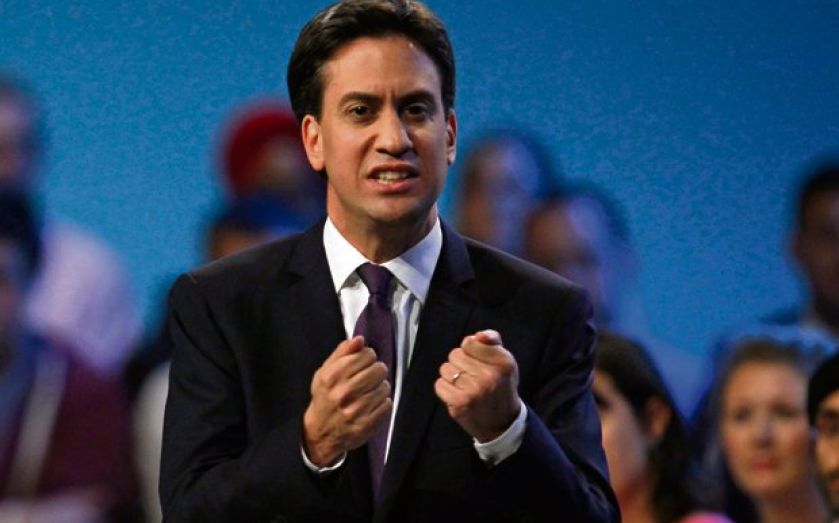Labour’s bank plans slammed

MARK Carney dismissed key planks in Labour’s agenda for bank reform yesterday, in a humiliating blow for Ed Miliband.
The governor of the Bank of England argued against a “crude bonus cap” and plans for limiting big banks’ market share.
Meanwhile the Labour leader called for the government to reject any demand from RBS that it pay top staff more than 100 per cent bonuses.
“[The Prime Minister] should be able to say to people earning £1m that a bonus of £1m should be quite enough,” Miliband said yesterday.
The party is also considering capping big banks’ market share, hoping to promote competition. It is not thought that Miliband will announce an actual quantitative cap, such as a 25 per cent limit, when he delivers a speech on Friday.
Instead, the Labour leader will pledge a Competition and Markets Authority review into retail banking if he is elected. The authority will be expected to report within one year, and Labour believes it will recommend breaking up at least one bank.
But Carney told the Treasury Select Committee capping bonuses would “incentivise more cash compensation, giving exactly the problem we had before the crisis”. “I would rather we had more deferral of bonuses, more of it in equity, and can take it back when risks come to light,” he added.
On the market share cap, he said “Just breaking up an institution doesn’t necessarily create a more intensive competitive structure.”
Tory MP David Ruffley said Miliband risks harming the taxpayer’s stake in RBS. “This is low rent populism on speed,” he said. “Where does he think we’re going to get top class bankers from to return RBS to the private sector if we don’t pay competitive rates?”
RBS’s bonus pool has shrunk by 85 per cent, and less than 100 staff received over £1m last year, compared with more than 400 at rivals. But Cameron yesterday said that he would block any increase in the overall RBS compensation pool this year.
“A better approach would be to target barriers to market entry, such as improving access to credit data,” said the CBI’s boss John Cridland.
Meanwhile the Payments Council said over 306,000 people have moved current accounts since the seven day switch scheme came in, up 17 per cent on the final quarter of 2012.